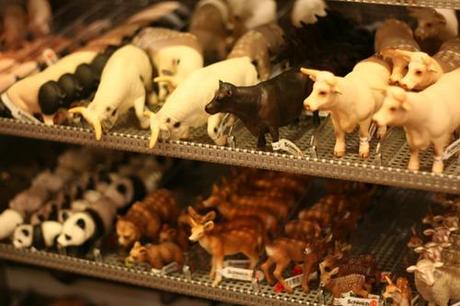
Speech recognition is an essential aspect of our Anticipatory Computing Engine. When users have conversations on MindMeld, we usually bucket them into two different groups: goats and sheep. Goats are speakers whose voices are not typically understood by modern speech recognition technologies, and the sheep are the ones that are easily understood.
Lambs and wolves are also included in this farm animal analogy; lambs represent speakers who are easily mimicked, and the wolves stand for speakers who imitate the lambs.
It sounds like a silly approach to classifying users, but the terminology actually stems from a well-known paper entitled, "Sheep, Goats, Lambs and Wolves: An Analysis of Individual Differences in Speaker Recognition Performance," written by George L. Doddington in 1998. Doddington’s speaker categories made an indelible mark in the speech and language technologies field, with many still using these terms to this day.
What kind of animal are you? Do speech recognition programs recognize your voice, or are you just an enigmatic “goat?”
(via “Sheep, Goats, Lambs and Wolves” / Image via cherrypatter nyc)
